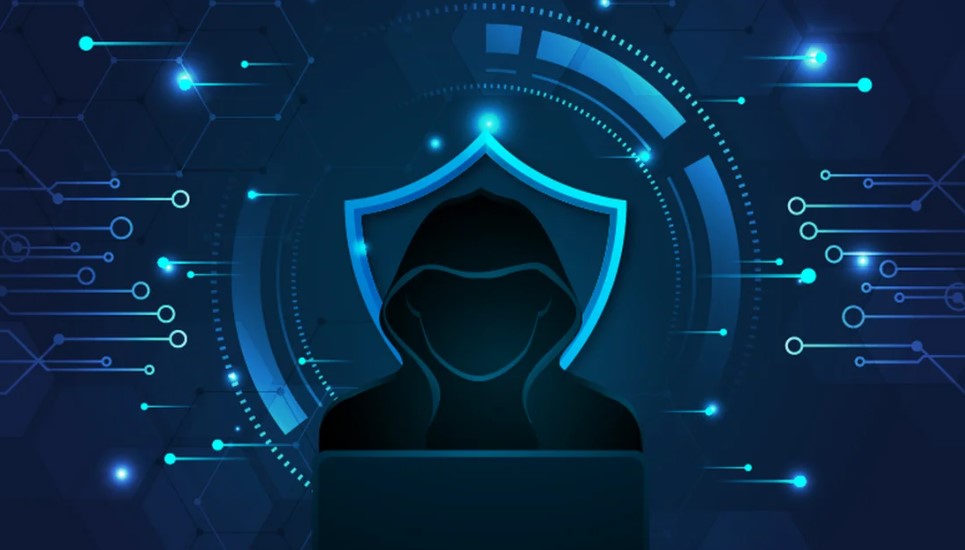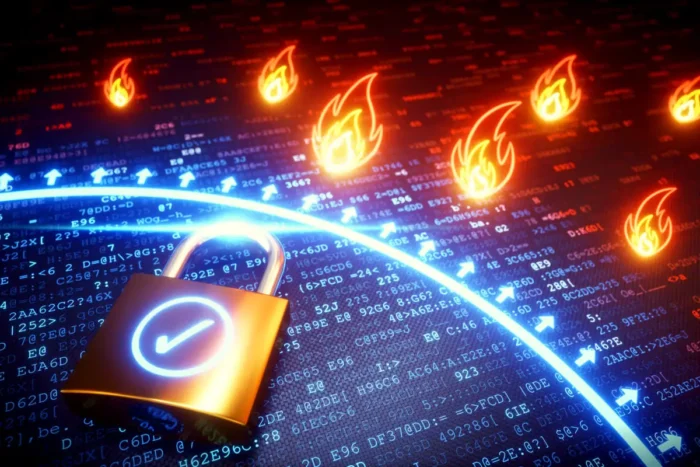
Cybercrime is rising, and it’s more important than ever to be aware of the most common attacks and how to prevent them. This article will discuss spyware, malware, ransomware, social engineering, DOS attacks, and any newer methods you may find helpful. We’ll also cover the apparent measures like educating employees on not opening suspicious emails and ensuring the sender is who they say they are. Finally, we’ll provide a few examples of how these attacks can occur and how to best defend against them.
Malware is one of the most common and potentially damaging types of cyber attacks. This type of software is designed to damage or disable computers, and it can be spread through email attachments, links to malicious websites, and even infected USB drives. Malware can wreak havoc on an individual computer, or it can be used to launch more significant attacks against networks or even entire companies.
Another common type of cyber attack is phishing, a technique that attackers use to trick victims into revealing sensitive information such as passwords or credit card numbers. Phishing attacks are often launched via emails that appear to be from legitimate sources, but they contain malicious links or attachments.
Finally, denial-of-service (DOS) attacks are another type of cyber attack that can be used to disable websites or servers. In a DOS attack, the attacker sends a high traffic volume to the target site to overload the system and cause it to crash.
While these are just a few examples of the most common types of cyber attacks, it’s important to remember that the threat landscape is constantly evolving, and new types of attacks are constantly being developed. As such, staying up-to-date on the latest cybersecurity threats is essential, and taking steps to protect your systems accordingly.
Some of the ways to prevent these cyber attacks include:
Employee education

Educate your employees on not opening suspicious emails and making sure the sender is who they say they are. As awareness of cyber attacks grows, so does the need for vigilance against them. One of the most effective ways to prevent a cyber attack is to educate your employees on what to look for. Many attacks start with an email that appears to be from a legitimate sender.
However, these emails often contain malicious attachments or links that can install malware on a computer. Educating your employees on how to spot suspicious emails can help prevent an attack before it starts. Additionally, ensure that your employees know to only open emails from people they know and trust. By taking these simple steps, you can help to keep your business safe from cyber-attacks.
Having an in-house or managed IT provider
In today’s digital world, businesses of all sizes increasingly rely on technology. However, this reliance comes with a certain degree of risk. As businesses store more and more data online, they become prime targets for cyber attacks. While there is no guaranteed way to prevent such attacks, there are steps that businesses can take to reduce their risk. One such step is to have an in-house or managed IT provider like MyTek.
By entrusting your IT needs to a team of experts, you can help to ensure that your systems are properly maintained and secure. In addition, an IT provider can help you to create a comprehensive security plan, which can further reduce the risk of attack. While cyber-attacks are becoming increasingly common, there are steps that businesses can take to reduce their vulnerability. By having an in-house or managed IT provider, you can help to keep your business safe.
Firewalls

The firewall is one of the most important tools in the fight against cybercrime. A firewall is a piece of hardware or software that helps to create a barrier between a network and the outside world. By filtering traffic and blocking certain kinds of data, a firewall can help to prevent malicious code from entering a system. In addition, firewalls can be configured to give users control over which applications and services are allowed to access the network.
As a result, firewalls play a vital role in stopping cyber attacks before they can do damage. While no single security measure can provide perfect protection, using a firewall is essential in keeping your systems safe from harm.
Anti-malware software
One of the most effective ways of preventing a cyber attack is installing and maintaining anti-malware software on all your devices. This software works by scanning your devices for malware, which is software that is designed to damage or disable your device. If malware is found, the anti-malware software will remove it from your device and help to protect you from future attacks.
In addition to installing anti-malware software, you should keep your devices and software up to date. Cybercriminals are constantly finding new ways to exploit vulnerabilities, so it is important to make sure that your devices and software are up to date to help protect yourself.
Updating your software regularly

One way to prevent your computer from being hacked is to ensure that your software is always up-to-date. Outdated software is one of the most common ways that hackers gain access to computers, as they can exploit known vulnerabilities that have not been patched. By keeping your software up-to-date, you can help to close those vulnerabilities and make it more difficult for hackers to gain access to your system.
Additionally, many software updates include new security features that can further improve your computer’s security. Regularly updating your software is an important part of preventing cyber attacks.
Only downloading software from trusted sources
Another way to protect your computer from being hacked is to only download software from trusted sources. When you download software from the internet, you are trusting that the source is reputable and that the software is safe. However, there are many fake or malicious websites that masquerade as legitimate sources of software.
By only downloading software from trusted sources, you can help to ensure that you are not inadvertently installing malware on your computer.
Using a VPN

A VPN, or virtual private network, is a tool that can help to improve the security of your internet connection. A VPN encrypts all of the data that is sent between your device and the VPN server, which makes it more difficult for hackers to intercept and read your data. In addition, a VPN can also help to hide your IP address, which can make it more difficult for cybercriminals to track your online activity. Using a VPN is, therefore, an effective way of reducing your risk of being the victim of a cyber attack.
Backing up Your data
Having a data backup is one of the most important things you can do to protect yourself from cyber-attacks. If your computer is hacked or infected with malware, there is a chance that your data could be lost or destroyed. However, if you have a backup of your data, you will be able to restore it if it is lost. There are many different ways to backup your data, such as using an external hard drive or cloud storage. No matter which method you choose, backing up your data regularly is an important part of protecting yourself from cyber attacks.
These are just a few of the many steps that you can take to prevent cyber attacks. By taking these steps, you can help to protect yourself, your family, and your business from the ever-growing threat of cybercrime.








